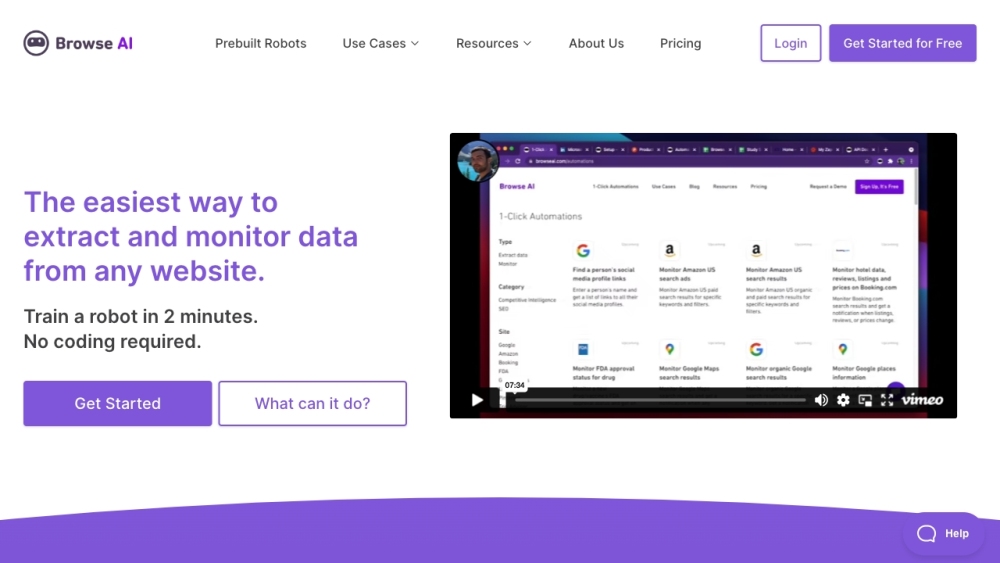Report Predicts Major Changes in the Labor Market Due to Artificial Intelligence
Most people like

Introducing an intelligent assistant equipped with limitless memory capabilities. This advanced tool not only remembers everything but also enhances your productivity and efficiency, transforming the way you manage tasks and information. Discover how this powerful resource can revolutionize your daily routines and keep your life organized effortlessly.

Join our vibrant community website designed specifically for data scientists and AI enthusiasts. Here, you'll find valuable resources, insightful discussions, and a supportive network to help you thrive in the ever-evolving world of data science and artificial intelligence. Engage with like-minded individuals, share your knowledge, and stay updated on the latest trends and technologies that shape the future of AI and data analysis.

Discover the ultimate AI-driven solution for crafting and enhancing your Google Ads campaigns. This powerful tool revolutionizes ad creation and optimization, empowering businesses to maximize their online advertising impact.
Find AI tools in YBX


